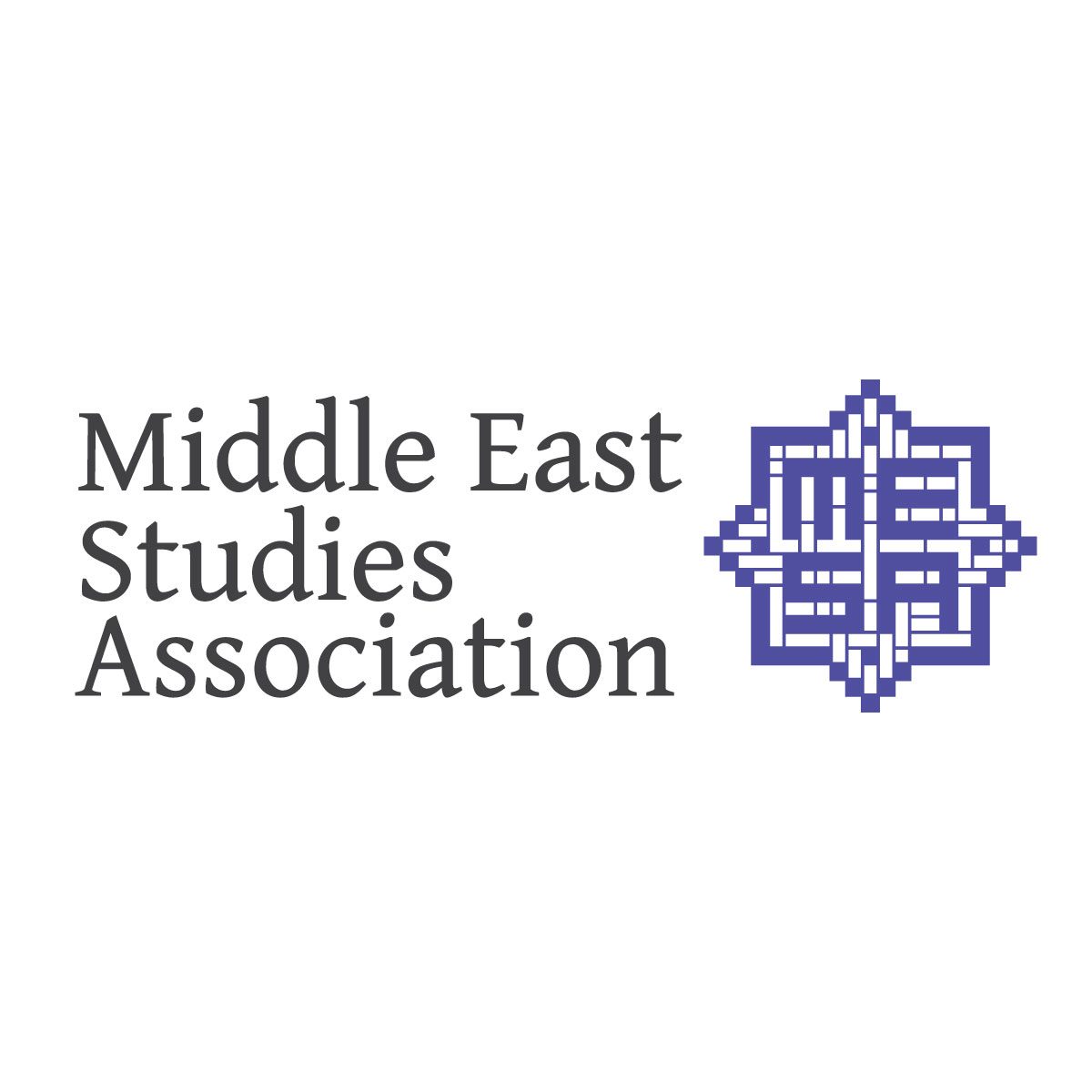At the MESA annual meeting 2019 within the panel on The Arabic Vernacular, team member Johannes Stephan presented findings from his research on early modern Arabic manuscripts and their literary features. Among the texts discussed he displayed a 17th-century copy from the Kalīla-wa-Dimna tradition (Sbath 267) written by an anonymous Christian scribe. The text contains conspicuous, yet regular Middle Arabic features which suggest both an elaborate knowledge of literary standards and a program for the text’s oral use. The rich Kalīla-wa-Dimna tradition with dozens of copies from the 17th to 19th centuries can serve as a robust basis to rethink Middle Arabic as a historical idiom with artistic implications.
Johannes Stephan @ Middle East Studies Association annual meeting 2019
